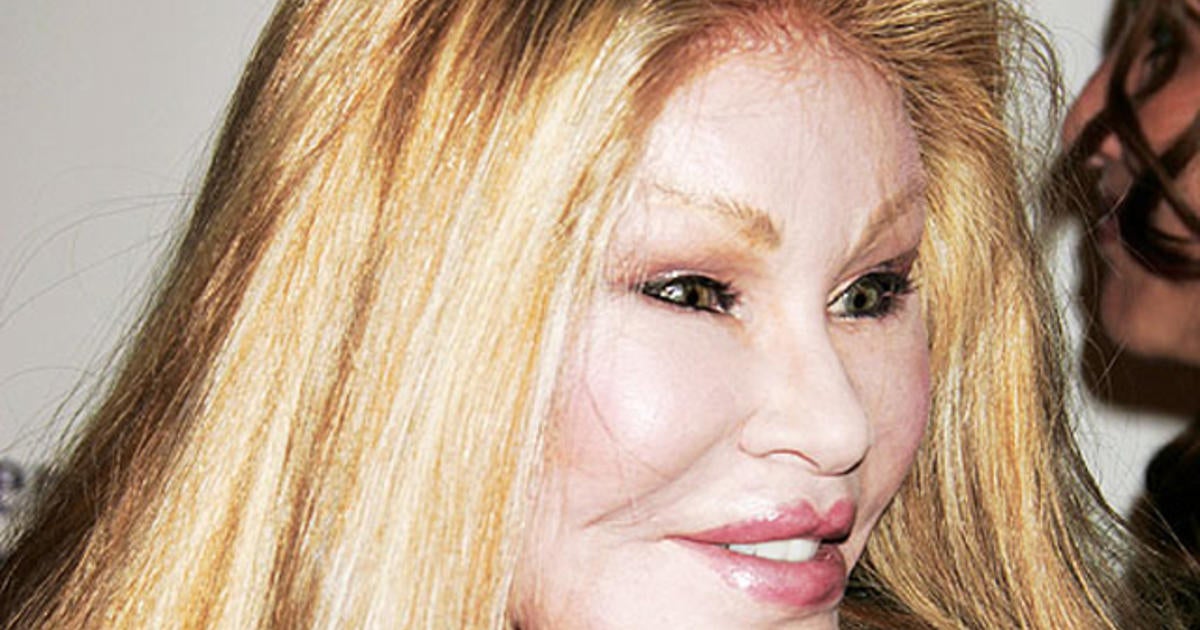Facelift Rancho Cucamonga: Smooth Wrinkles and Tighten Up Skin for a Younger Look
Facelift Rancho Cucamonga: Smooth Wrinkles and Tighten Up Skin for a Younger Look
Blog Article
Checking Out the Emotional and Social Aspects That Drive Individuals to Consider Cosmetic Surgical Procedure as a way of Improvement
The decision to go after cosmetic surgical treatment frequently expands past simple aesthetics, linking with psychological and social characteristics that warrant comprehensive evaluation. Elements such as self-esteem, pervasive societal beauty standards, and the pervasive influence of social media converge to form specific motivations for surgical enhancement.
The Role of Self-worth
Self-esteem dramatically affects an individual's decision to seek plastic surgery. Individuals with reduced self-worth commonly perceive themselves in an unfavorable light, bring about feelings of inadequacy regarding their physical appearance. This adverse self-perception can drive them to seek surgical interventions as an approach of enhancing their self-image. The desire for enhancement in one's appearance is frequently connected to an idea that such adjustments will certainly boost their general self-worth and confidence.

Ultimately, the role of self-esteem in the decision-making process concerning cosmetic surgery highlights the intricate interplay in between body photo, individual satisfaction, and mental health. Comprehending this connection is critical for health care experts to make certain that clients are making educated choices rooted in realistic assumptions and psychological wellness.
Societal Appeal Criteria
Influenced by prevalent media portrayals and cultural narratives, societal elegance requirements play an important function in shaping individuals' perceptions of their own bodies. These standards are commonly identified by an idealized form of beauty that highlights attributes such as youthful vigor, proportion, and slimness. As these suitables are bolstered via different channels, consisting of television, film, and marketing, individuals regularly internalize these messages, causing frustration with their natural look.
The ramifications of these societal norms prolong beyond aesthetic choices; they can impact self-esteem, psychological health, and social connections. People that view themselves as falling short of these criteria might experience sensations of inadequacy, triggering a desire for plastic surgery as a way of achieving societal approval. This quest is typically fueled by the belief that conforming to these suitables will boost not only physical look yet additionally social standing and individual gratification.

Influence of Social Network
The influence of societal charm standards is additional intensified by the increase of social networks platforms, where curated pictures and idyllic depictions of appeal are ubiquitous. Users are regularly subjected to filtered and modified pictures, which often illustrate unattainable physical characteristics. This direct exposure cultivates a society of comparison, leading individuals to evaluate their own look against these usually unrealistic standards.
Social network influencers and celebrities regularly advertise cosmetic treatments, normalizing the notion that medical improvements are a practical methods for accomplishing social suitables (plastic surgery rancho cucamonga). The presence of these enhancements can develop a perception that going through cosmetic surgery is a conventional practice, therefore influencing people to think about comparable interventions as a path to boosted self-worth and social acceptance
Moreover, the interactive nature of social media permits for immediate responses via sort and comments, better reinforcing the desire to conform Bonuses to popular charm criteria. Such interactions can intensify feelings of insufficiency and drive people toward plastic surgery as a way of getting validation. Ultimately, social networks plays a critical duty fit understandings of charm, which considerably affects the decision-making processes surrounding plastic surgery.

Cultural Viewpoints on Look
Throughout numerous cultures, assumptions of appearance are deeply rooted in historic, social, and economic contexts, shaping individuals' views on appeal and charm. In several cultures, look works as a significant pen of identity, affecting social status, specialist possibilities, and individual connections. For instance, in some cultures, light skin is typically associated with wealth and benefit, while others might glorify darker complexion as icons of strength and authenticity.
In addition, standard appeal standards are typically continued through social narratives, media representations, and household affects, leading to varying ideals across various regions (plastic surgery rancho cucamonga). In Western societies, the emphasis on youth and physical fitness commonly drives individuals towards aesthetic enhancement, while in certain Eastern cultures, more refined modifications aligned with traditional aesthetics might be favored
Globalization and the proliferation of electronic media have even more complicated these dynamics, creating a hybridization of elegance perfects that goes beyond geographical boundaries. As people significantly browse these social narratives, the pressure to comply with specific appearance standards can bring about the wish for cosmetic surgery, showing an intricate interplay of cultural values and individual goals. Comprehending these cultural perspectives is vital in dealing with the motivations behind plastic surgery factors to consider.
Psychological Effects of Cosmetic Surgical Treatment
Numerous individuals seeking cosmetic surgery report experiencing extensive emotional effects that can considerably modify their self-perception and emotional health - plastic surgery rancho cucamonga. The wish for physical improvement usually comes from underlying concerns such as low self-esteem, body dysmorphic condition, or social stress relating to elegance criteria. For some, the immediate post-operative stage can result in a short-term increase in positive self-image and contentment with their appearance, promoting a feeling of empowerment
However, these positive feelings might not be sustaining. Research indicates that while some individuals read here experience boosted self-confidence, others may encounter elevated stress and anxiety or depression if their assumptions are not met. This disparity can arise from unrealistic suitables bolstered by media depiction and social narratives bordering appeal.
Furthermore, the emotional ramifications of plastic surgery extend beyond the individual. Relationships with family members and buddies may be stressed as social characteristics change, resulting in feelings of isolation or alienation. Eventually, the mental influences of cosmetic surgical procedure are multifaceted and complex, calling for cautious consideration by both potential patients and health care carriers to ensure informed decision-making and reasonable assumptions.
Verdict
Finally, the decision to go after cosmetic surgery is substantially affected by a combination of self-worth problems, societal elegance criteria, and social point of views on look. The pervasive reach of social media sites further aggravates these pressures, promoting unrealistic ideals that people frequently make every effort to attain. Understanding these social and mental aspects is crucial for addressing the motivations behind cosmetic surgical procedure, highlighting the need for a more nuanced discussion bordering charm and self-acceptance in contemporary society.
The choice to go after cosmetic a fantastic read surgery usually expands past mere visual appeals, linking with social and psychological characteristics that merit extensive assessment. Inevitably, social media plays a critical function in shaping perceptions of elegance, which dramatically affects the decision-making processes surrounding cosmetic surgery.
As individuals significantly navigate these cultural narratives, the pressure to adjust to particular appearance criteria can lead to the desire for cosmetic surgical procedure, mirroring a complicated interaction of cultural values and individual desires.In verdict, the choice to seek cosmetic surgical treatment is substantially affected by a mix of self-confidence issues, social appeal criteria, and cultural point of views on appearance. Recognizing these social and psychological elements is vital for attending to the motivations behind cosmetic surgical procedure, highlighting the need for a much more nuanced discussion surrounding elegance and self-acceptance in contemporary society.
Report this page